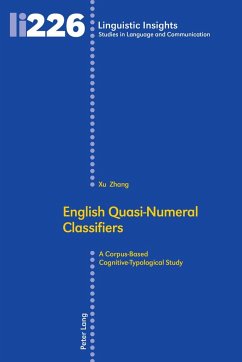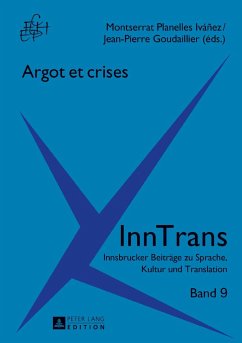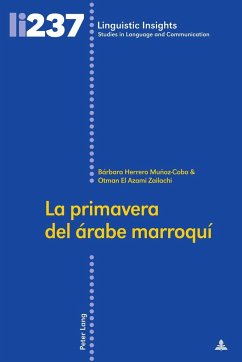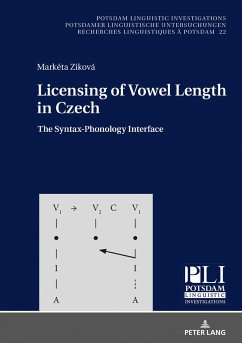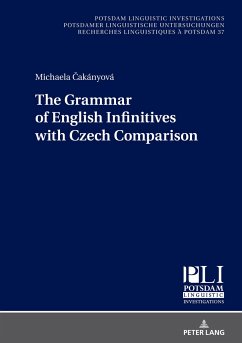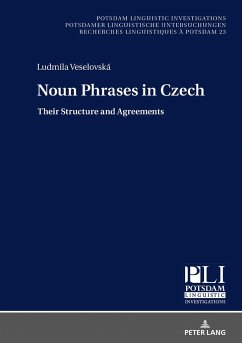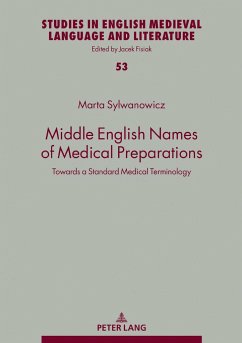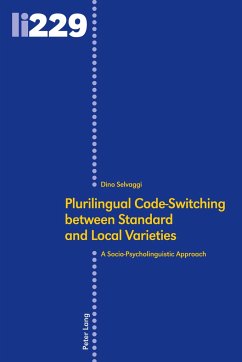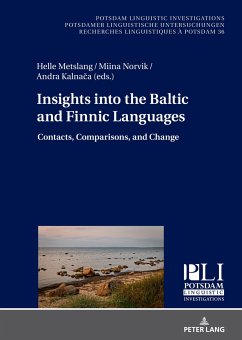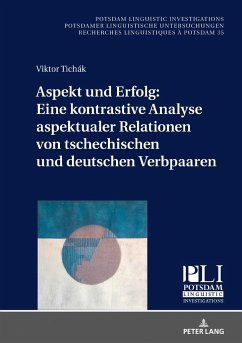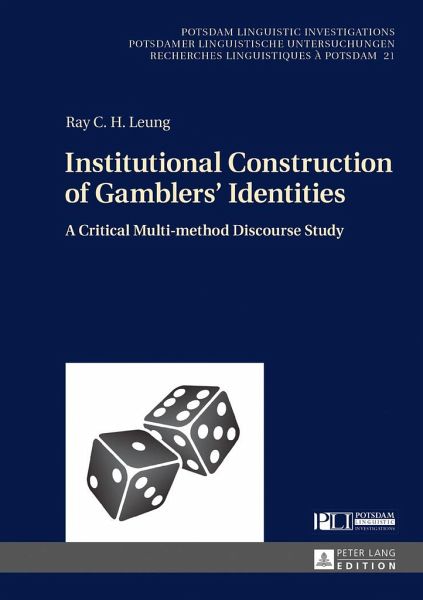
Institutional Construction of Gamblers' Identities
A Critical Multi-method Discourse Study
Versandkostenfrei!
Versandfertig in 6-10 Tagen
67,25 €
inkl. MwSt.

PAYBACK Punkte
0 °P sammeln!
This monograph is a pioneering discourse-oriented study on gambling. Adopting the approach of critical discourse analysis (CDA), it analyzes how gamblers' identities are constructed through discourse by social institutions. The data consist of newspaper forum letters, gamblers' monologues released by a state gambling regulatory agency, and materials on problem/pathological gambling published by medical professionals. Incorporating a variety of analytical frameworks from prior researchers into the study, the author offers concrete linguistic evidence on the essential complementary ontological p...
This monograph is a pioneering discourse-oriented study on gambling. Adopting the approach of critical discourse analysis (CDA), it analyzes how gamblers' identities are constructed through discourse by social institutions. The data consist of newspaper forum letters, gamblers' monologues released by a state gambling regulatory agency, and materials on problem/pathological gambling published by medical professionals. Incorporating a variety of analytical frameworks from prior researchers into the study, the author offers concrete linguistic evidence on the essential complementary ontological presence of institutional power holders and the «docile bodies» (Foucault, 1977) for societal functioning and the maintenance of social stability.





